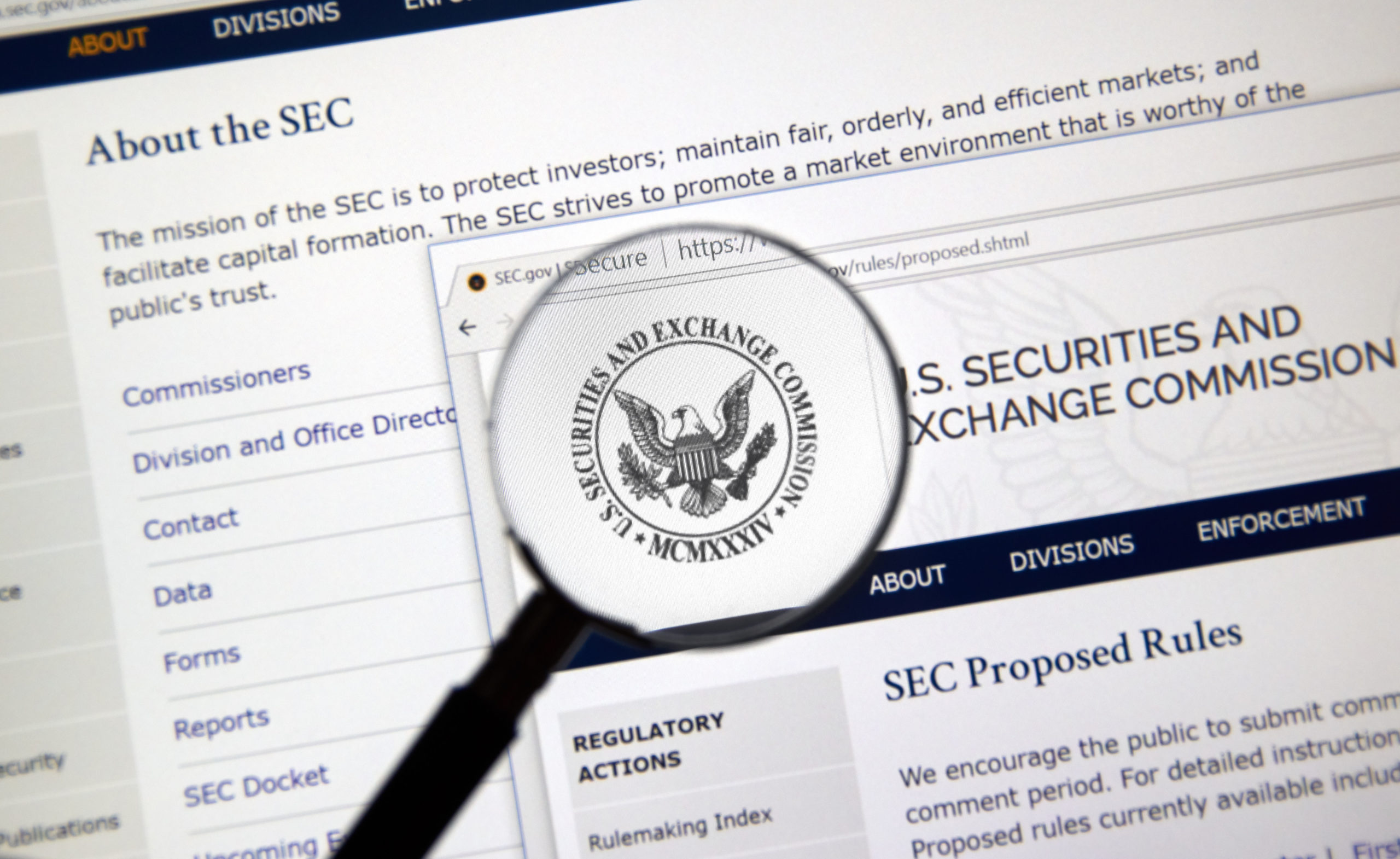If you are wondering, “do I need to file an 8-K?” the answer is most likely “yes.”
When in doubt, file an 8-K.
An 8-K is used for current reports under Section 13 or 15(d) of the Securities Exchange Act of 1934, and is filed in accordance with 17 CFR § 240.13a-11 or 17 CFR § 240.15d-11. They are also used for reports of nonpublic information that is required to be disclosed by Regulation FD, pursuant to 17 CFR §§ 243.100 and 243.101.
What’s an 8K and When is it Needed?
Also referred to as a “Form 8-K,” an 8-K is a report filed by a publicly-traded company registered with the Securities and Exchange Commission under the Securities Exchange Act of 1934. A Form 8-K notifies the public of events and changes that occurred during the fiscal year, including the following:
- Bankruptcy or the appointment of a receiver
- Entry into or termination of material definitive agreements
- Shutdowns or a pattern of violations regarding mine safety
- The completion of an acquisition or disposition of a “significant amount of assets”
- Results of operations or financial condition for a quarterly or annual fiscal period
- Triggering events that accelerate or increase a direct financial obligation or those under an off-balance sheet arrangement
- Costs that are associated with exit activities
- Material modifications to the rights of shareholders
- Notice of delisting of a stock
- Failure to satisfy a continued listing rule or standard
- Unregistered sales of securities
An 8-K must be filed when there has been a change to a registrant’s principal accountant or if a change in control of corporate governance has taken place. The report is also needed when the code of ethics has been amended or if the business conducts a transaction that results in it ceasing to be a shell company.
For most items, a company has four (4) business days to file an 8-K. Unlike other forms filed on a quarterly or annual basis, an 8-K is filed any time it is necessary to do so. Once filed, an 8-K can provide valuable and accurate information about a company to investors and researchers. An 8-K can provide considerable benefits to a company — when timely filed, management can ensure compliance with the mandatory disclosure requirements and avoid allegations of insider trading.
How to Complete a Form 8-K
The SEC provides a form with specific instructions concerning the information that should be included with a company’s 8-K filing. The government-provided form is only meant to serve as a guide in preparing the report. While it should contain the number and caption of the item as specified on the form, the text of the item does not need to be included when you are preparing the form as long as the answers meet the criteria outlined in 17 CFR § 240.12b-13.
The Form needs to be submitted through the SEC’s EDGAR system and a copy must also be filed with each exchange upon which any class of the company’s securities are registered.
Contact a Knowledgeable New York Business Attorney to Learn More
If you need to file an 8-K, it’s vital to have an experienced attorney on your side with extensive knowledge and experience regarding corporate and securities compliance matters. Brinen & Associates is committed to guiding clients through the process of completing and filing 8-K forms and helping them ensure compliance with SEC regulations. Call (212) 330-8151 to learn how we can assist you.
